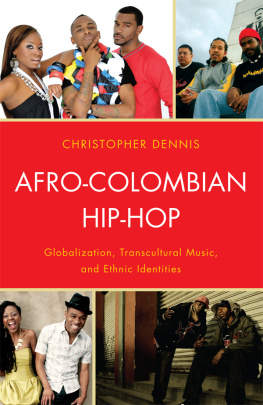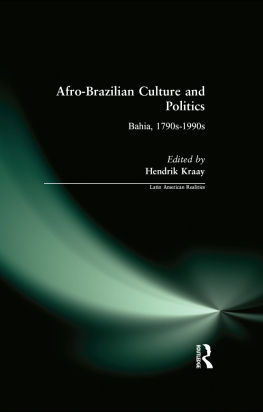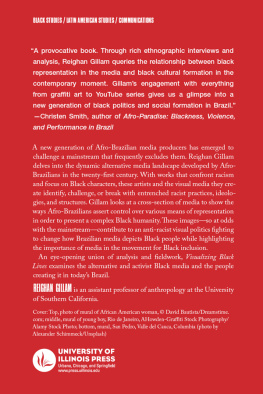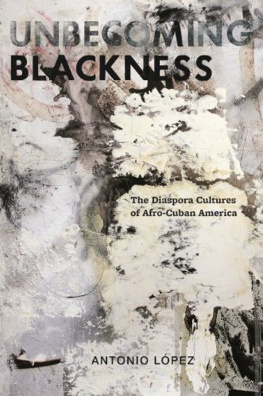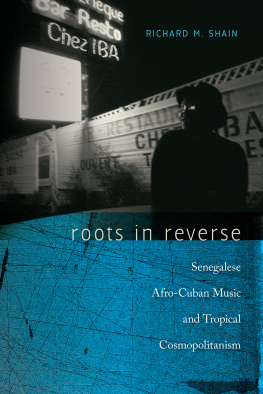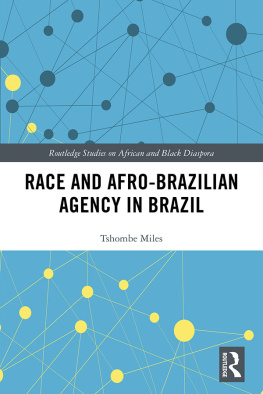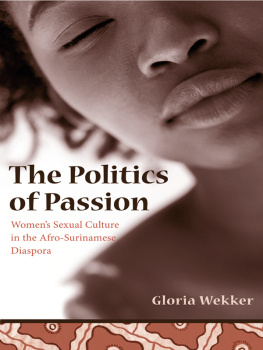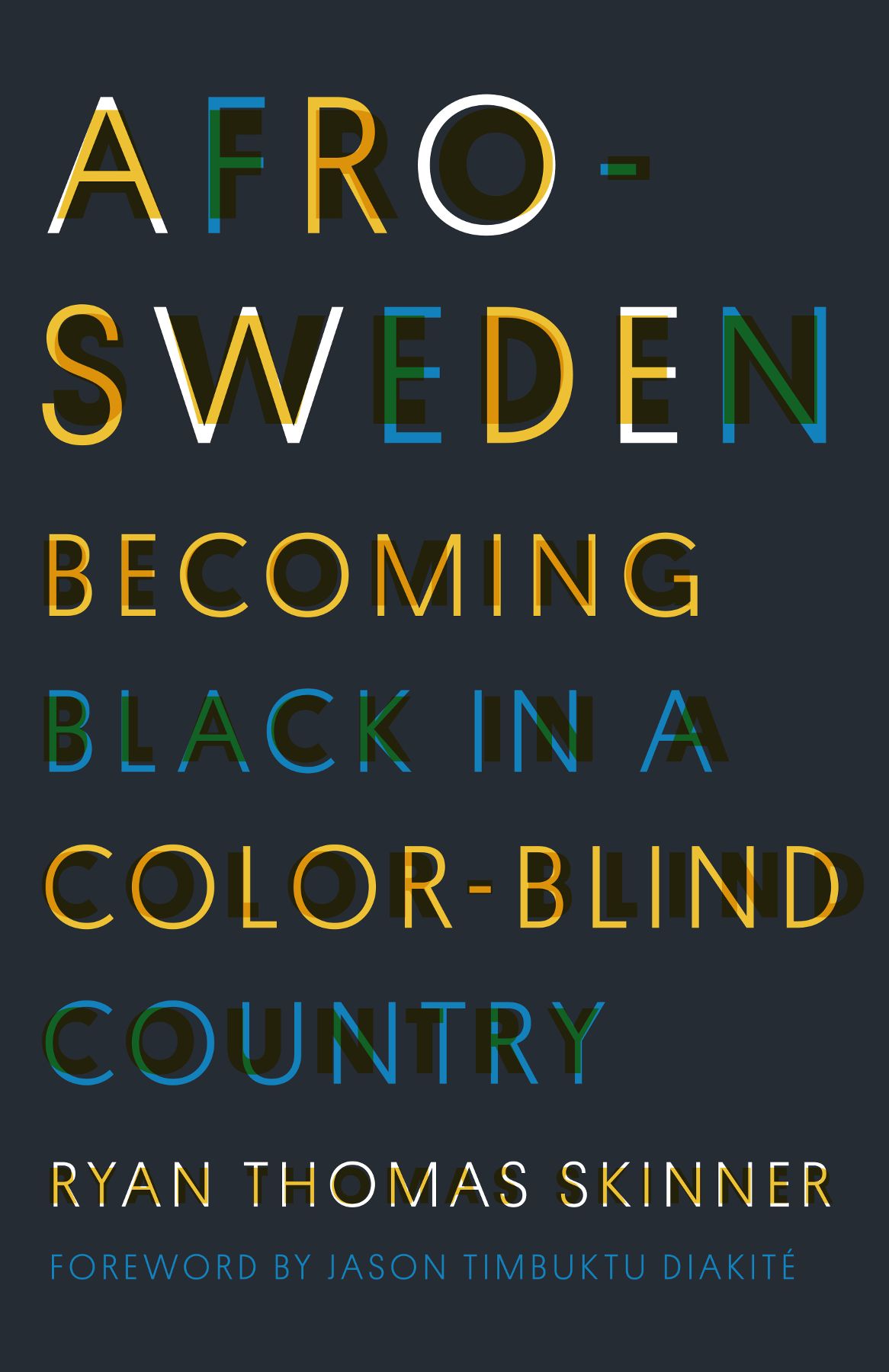
Afro-Sweden
Afro-Sweden
Becoming Black in a Color-Blind Country
Ryan Thomas Skinner
Foreword by Jason Timbuktu Diakit

University of Minnesota Press
Minneapolis
London
Cover design by Will Brown
This book is freely available in an open access edition thanks to TOME (Toward an Open Monograph Ecosystem)a collaboration of the Association of American Universities, the Association of University Presses, and the Association of Research Librariesand the generous support of The Ohio State University Libraries. Learn more at the TOME website, available at: openmonographs.org.
A portion of chapter 3 was previously published as Walking, Talking, Remembering: An Afro-Swedish Critique of Being-in-the-World, African and Black Diaspora: An International Journal 12, no. 1 (2019): 119; reprinted by permission of the publisher (Taylor & Francis Ltd, http://www.tandfonline.com).
Copyright 2022 by Ryan Thomas Skinner
Foreword copyright 2022 by Jason Timbuktu Diakit
Afro-Sweden: Becoming Black in a Color-Blind Country is licensed under a Creative Commons Attribution-NonCommercial-NoDerivatives 4.0 International License (CC BY-NC-ND 4.0): https://creativecommons.org/licenses/by-nc-nd/4.0/.
Published by the University of Minnesota Press
111 Third Avenue South, Suite 290
Minneapolis, MN 55401-2520
www.upress.umn.edu

Available as a Manifold edition at manifold.umn.edu
ISBN 978-1-4529-6768-4 (ebook)
A Cataloging-in-Publication record for this book is available from the Library of Congress.
The University of Minnesota is an equal-opportunity educator and employer.
Contents
Jason Timbuktu Diakit
Jason Timbuktu Diakit
Recently, I find myself in a dark auditorium at the Museum of Modern Art in Stockholm. Next to me is my dad, dressed in his Sunday best: a three-piece suit and a black beret, tie knotted, hands clasped in his lap, smile bright enough to blind the sun. Today is a big day for my dad, and a big day for me. CinemAfrica, an arts organization that produces Scandinavias largest African diaspora film festival, is about to screen Det osynliga folket (The Invisible People), a documentary directed and produced by my father, Madubuko Arthur Diakit. Theyre showing my dads film at the Modern Museum! I exclaim to a friend. Wow, thats huge, they respond. I know. To take pride in my dads work at one of Swedens premier cultural institutions is huge. As the film starts, with the black-and-white reel counting down from five, I hold Dads hand, and I remember the long road that brought us to this moment.
Dad left the United States for this distant land on the northern fringes of Europe in 1969. He made this film about the obscured lives of Black and Brown immigrant populations in the town of Lund in 1972. He has been one of these invisible people in Sweden for much of his adult life. And now, fifty years later, an auditorium full of people will bear witness to the stories he collected in this pathbreaking documentary, stories that are as relevant today as they were a half century ago. Stories my dad experienced firsthand.
My dads life as an early African-Swede is textured by a subtle, almost endemic brand of discrimination, a racism so insidious that even its victims doubt its existence. People ask themselves, Did that actually happen? Is my mind playing tricks on me? Can this be real? This shit can drive you crazy, Dad would often say at the dinner table, and he wasnt speaking figuratively. Several of the men and women in my dads circle of melanated friends, our communitys elders, did go crazy. They lost their minds. Some ended up in institutions. Others lost their lives. Many suffered deep depressions and devastating addictions. In fact, the story that prompted my dad to make Det osynliga folket is one such case. John, an African American man living in Lund, is accused of abusing his wife, placed in a mental institution, and summarily deported. No trial, no paper trail, no explanation, nothing.
To me, just seeing the grainy fifty-year-old frames of Black and Brown people walking the streets of Lund, the southern Swedish town where I grew up, gives me perspective. We are here. We have been for quite some time. But our history is so seldomly acknowledged, and our stories are so seldomly told, its almost as if we never existed, as if our lives dont matter. As my generations most eloquent artistic voice, Erik Lundin, has said, Skl for att berttelserna berttas! Heres to our stories being told! Every testimonial, every shred of proof, every story, and every piece of documentation is vital to mapping out the largely unknown existence and history of Black Swedes.
The evening is hosted by CinemAfrica, which has for the past twenty-five years been dedicated to uplifting and showcasing films and filmmakers of the African diaspora, both within Sweden and internationally. But they are only one of several groups of Afro-Swedish advocates and allies present at the event. Behind us I see friends from the cultural organization Selam, the Museum of Ethnography, the National Association of Afro-Swedes, and TRYCK, an association of non-white performing arts workers in Sweden. Dads eyes are beaming with pride and anticipation. He knows most of the people in this room. In fact, he has been an active member, and in many cases a founding member, of several of the organizations present that evening, groups that have pushed for the visibility and vitality of BIPOC Swedes.
But I am also struck by how small the ecology of Afro-Swedish activists and creatives is in this country. We all fit inside a modest-sized auditorium, about 150 people. Were it not for the people in this room, their labors and struggles, the lives of Black and Brown Swedes would still be as invisible today as they were in 1972, when my father made the film we are all here to see.
The evenings screening is a double feature. The event begins with filmmaker Jonelle Twums poetic short A Mothers Body, a film about the mental and physical burdens of women of color, those who labor on the margins of European society. Next up is Det osynliga folket. When the lights come up, the ululations and applause fill the auditorium. Dad is beaming throughout the moderated conversation between him and Jonelle that follows the screenings. They are also joined via Zoom by Manthia Diawara, a world-renowned film scholar and professor of Africana studies at NYU. Diawara is full of praise for the two Afro-Swedish filmmakers. The accolades are well deserved, and, in my dads case, it is a long time coming. But this moment of celebration also gives pause.
The films that evening highlight, in different ways, the persistent and deeply troubling duality of Swedish invisibility. BIPOC Swedes have been overlooked in modern Swedish history and public life. Few people inside Sweden pay much attention to the lives and labors of the countrys Black and Brown inhabitants. At the same time, most people outside Scandinavia do not even realize that Sweden has significant communities of color, even though a quarter of the population is non-white. Further, Afro-Swedes are almost all but unknown within the broader African diaspora.
But perceptions are changing, step by step. Over the five decades that have passed since Dad made
Next page

